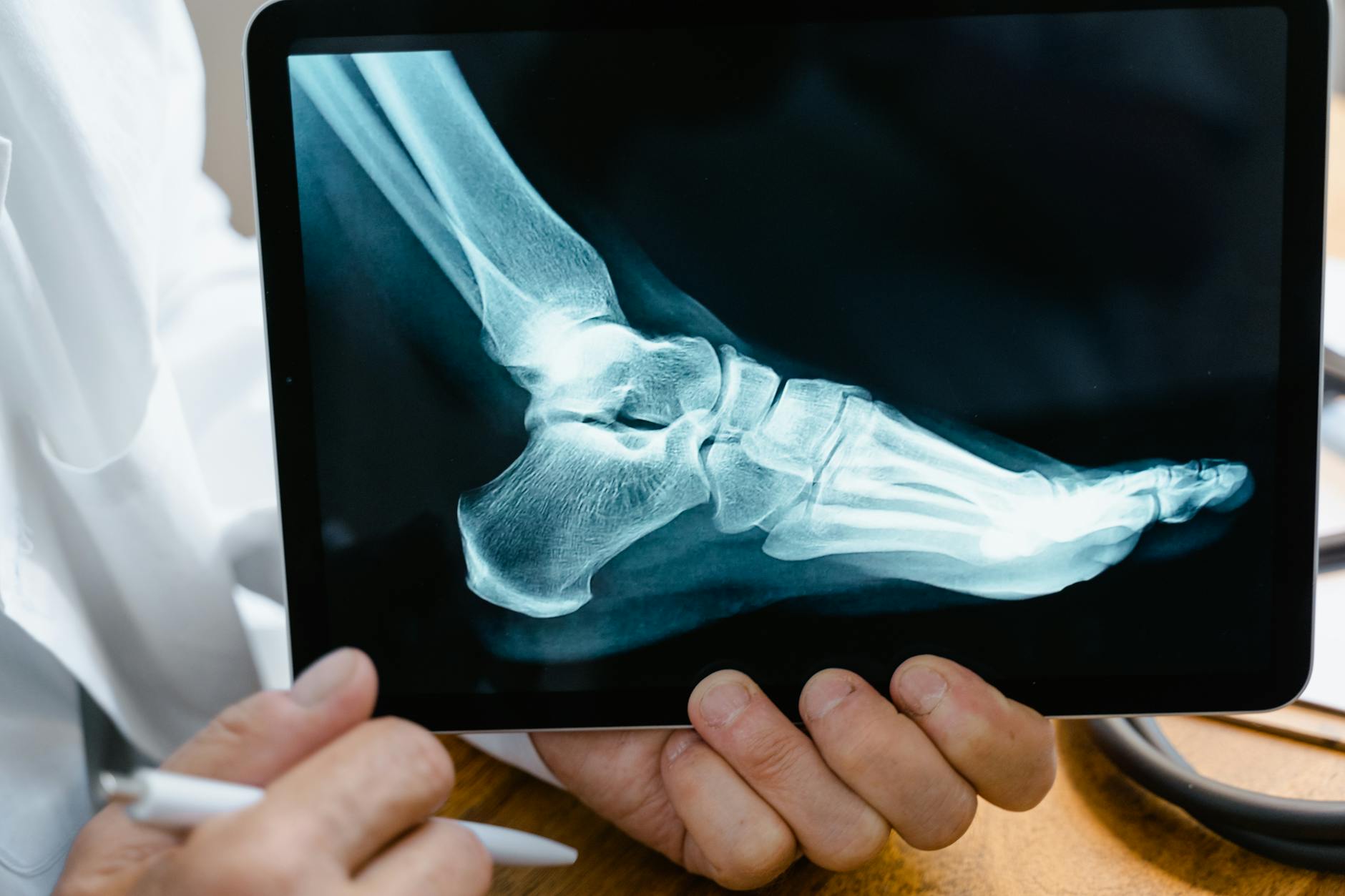Uncover the silent battle within your body as we delve into the impact of Graves Disease on your health today.
Table of Contents
Graves Disease is an autoimmune disorder that affects the thyroid gland, leading to an overproduction of thyroid hormones. This condition can have a significant impact on your overall health and wellbeing. In this blog post, we will delve into the workings of Graves Disease, its symptoms, diagnosis, treatment options, and the importance of managing your health when dealing with this condition.
Causes and Symptoms of Graves Disease
Graves Disease occurs when the immune system mistakenly attacks the thyroid gland, leading to excessive production of thyroid hormones. This can result in symptoms such as weight loss, rapid heartbeat, anxiety, fatigue, and muscle weakness. Additionally, individuals with Graves Disease may experience bulging eyes, known as exophthalmos, due to inflammation behind the eyes.
Diagnosis and Management
If you suspect you may have Graves Disease, it is essential to consult a healthcare provider for proper diagnosis. Blood tests to measure thyroid hormone levels and imaging tests such as a thyroid ultrasound may be performed to confirm the diagnosis. Once diagnosed, treatment options may include medications to regulate thyroid hormone levels, radioactive iodine therapy, or in severe cases, surgery to remove part of the thyroid gland.
Natural Remedies for Graves Disease
While medical intervention is crucial in managing Graves Disease, incorporating natural remedies into your treatment plan can also be beneficial. Eating a balanced diet rich in nutrient-dense foods, such as fruits, vegetables, and whole grains, can provide essential vitamins and minerals to support thyroid function. Incorporating stress-reducing activities like yoga, meditation, or deep breathing exercises can help manage anxiety and improve overall well-being.
Exercise and Graves Disease
Regular physical activity is essential for individuals with Graves Disease to maintain muscle strength, improve cardiovascular health, and promote overall wellness. Low-impact exercises such as walking, swimming, or gentle yoga can help improve energy levels and reduce fatigue associated with this condition. Consult with your healthcare provider before beginning any exercise regimen to ensure it is safe and suitable for your specific health needs.
| Graves Disease Symptom | Impact on Health |
|---|---|
| Hyperthyroidism | Excess thyroid hormone can lead to weight loss, increased appetite, anxiety, tremors, and irritability. |
| Goiter | An enlarged thyroid gland can cause difficulty swallowing or breathing. |
| Graves Ophthalmopathy | Eye problems such as bulging eyes, double vision, dry eyes, and light sensitivity. |
| Graves Dermopathy | Red, raised patches on the skin, typically on the shins. |
| Thyrotoxic Crisis (Thyroid Storm) | A rare but life-threatening condition characterized by high fever, severe tachycardia, and altered mental status. |
Support Networks and Resources
Coping with a chronic condition like Graves Disease can be challenging. Seeking out support networks, such as online forums, support groups, or therapy, can provide emotional support and practical advice for managing your health. Additionally, staying informed about your condition through reputable sources like medical websites, books, and healthcare providers can empower you to take control of your health and well-being.
Conclusion
Graves Disease can significantly impact your health and quality of life, but with proper management and support, you can navigate the challenges that come with this condition. By maintaining open communication with your healthcare provider, incorporating natural remedies into your treatment plan, staying active, and seeking out support networks, you can take control of your health and well-being. Remember, you are not alone in this battle – there are resources and communities available to help you along the way.
FAQ
Question 1: What are the risk factors for developing Graves Disease?
Answer 1: Risk factors for Graves Disease include genetics, smoking, stress, and exposure to certain viruses.
Question 2: Can Graves Disease be cured?
Answer 2: While there is no cure for Graves Disease, it can be effectively managed through medication, radioiodine therapy, or surgery.
Question 3: Are there specific foods to avoid with Graves Disease?
Answer 3: Some individuals with Graves Disease may benefit from limiting iodine-rich foods such as seaweed and iodized salt.
Question 4: How can I find a support group for Graves Disease?
Answer 4: You can search online for support groups dedicated to thyroid conditions, reach out to local hospitals or healthcare providers for recommendations, or join virtual communities on social media platforms.





